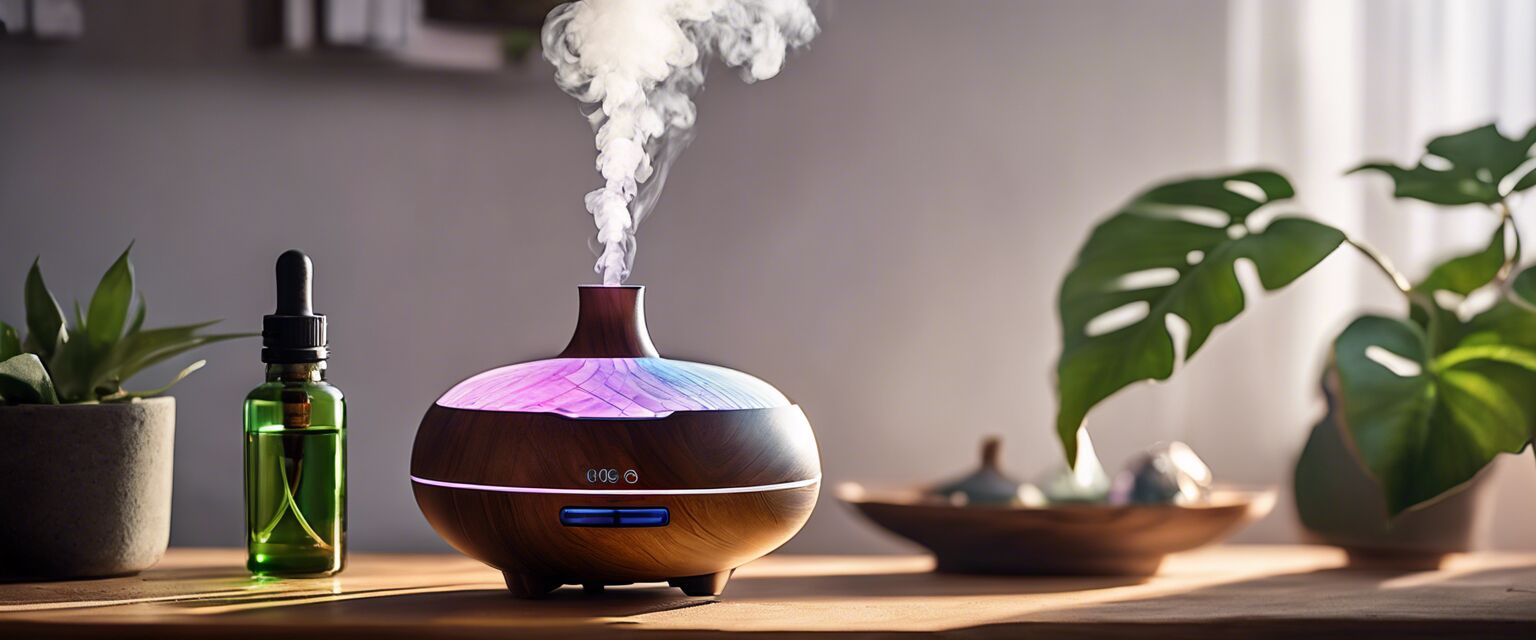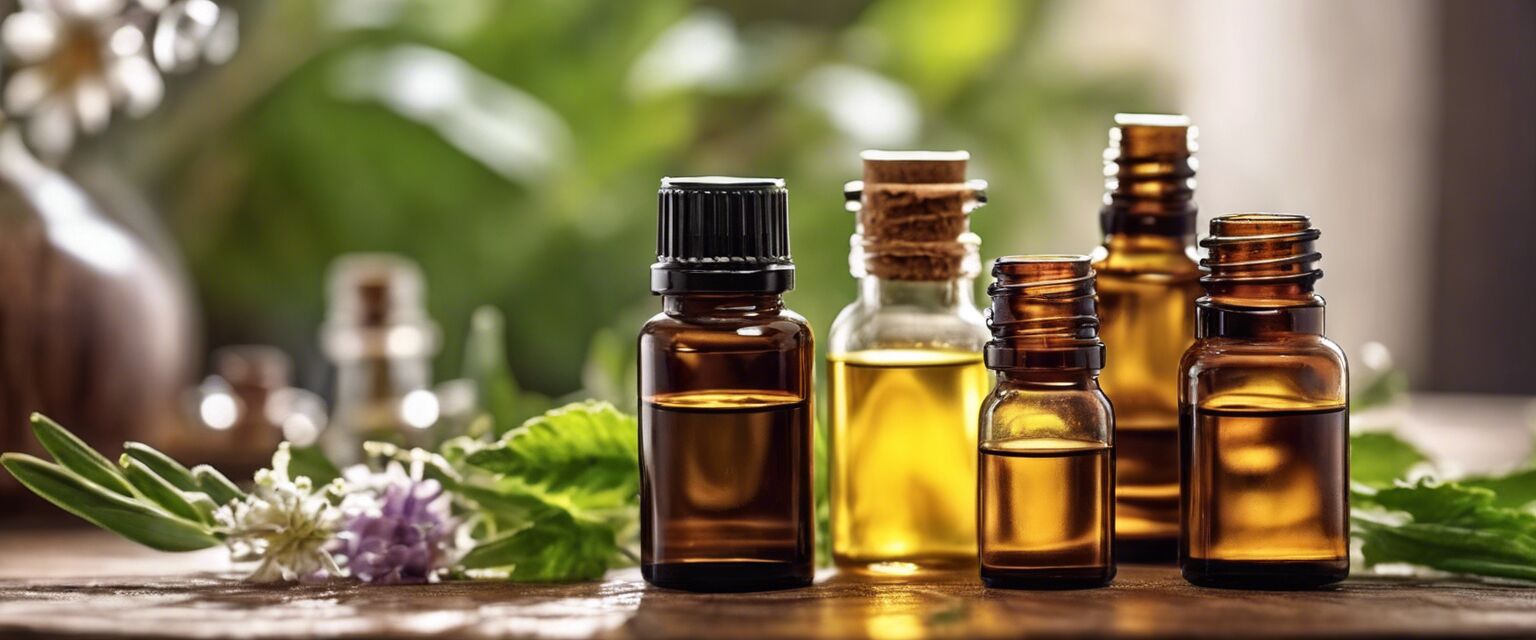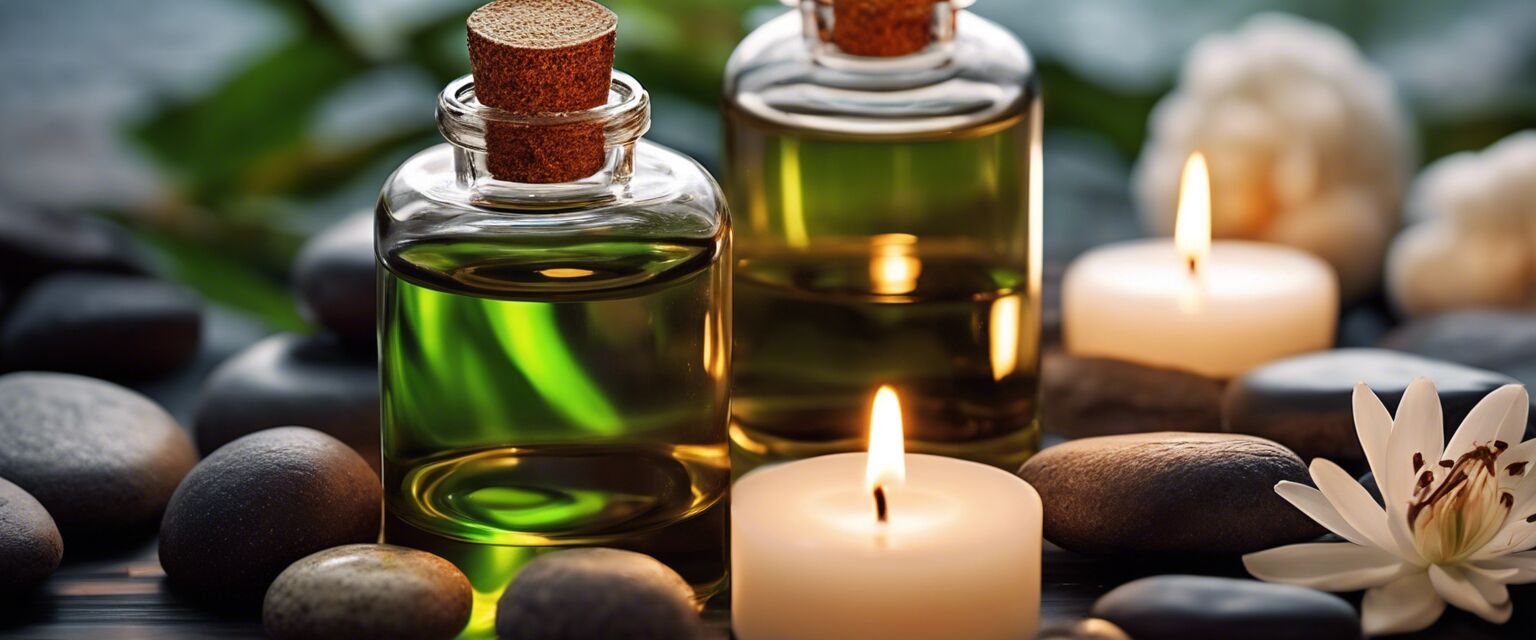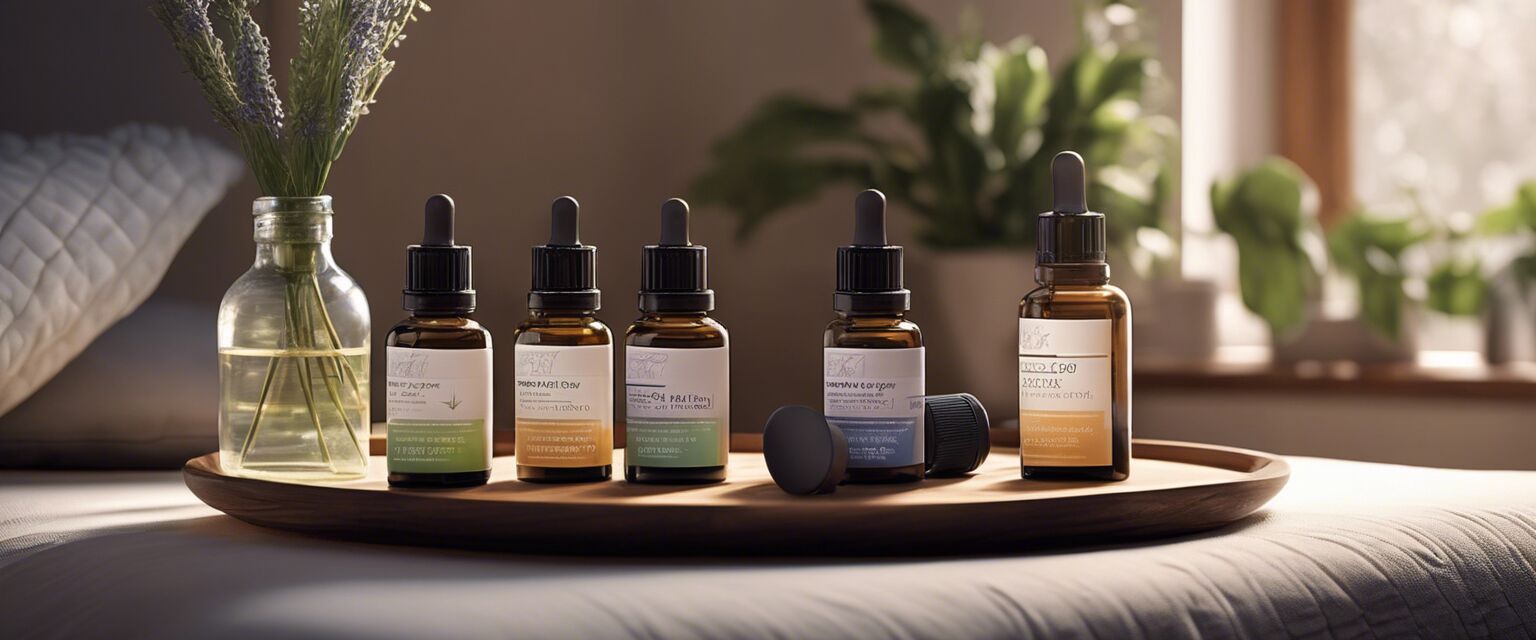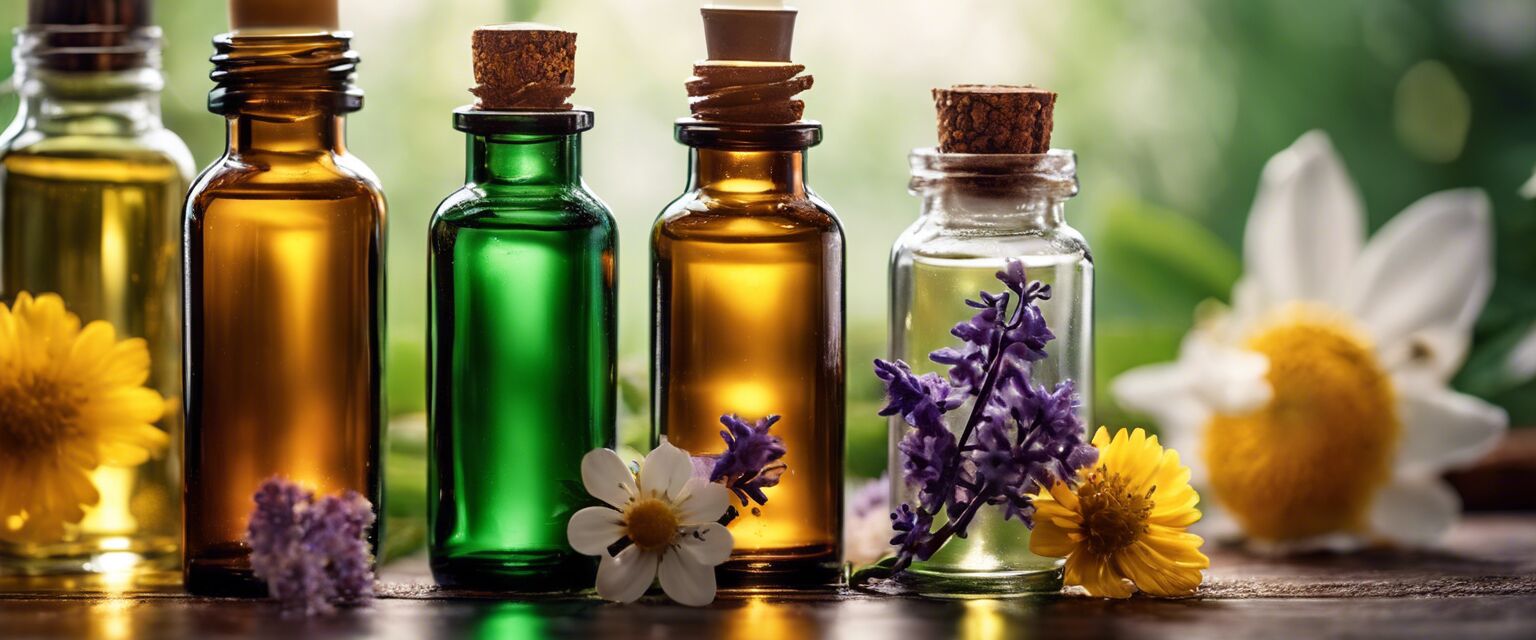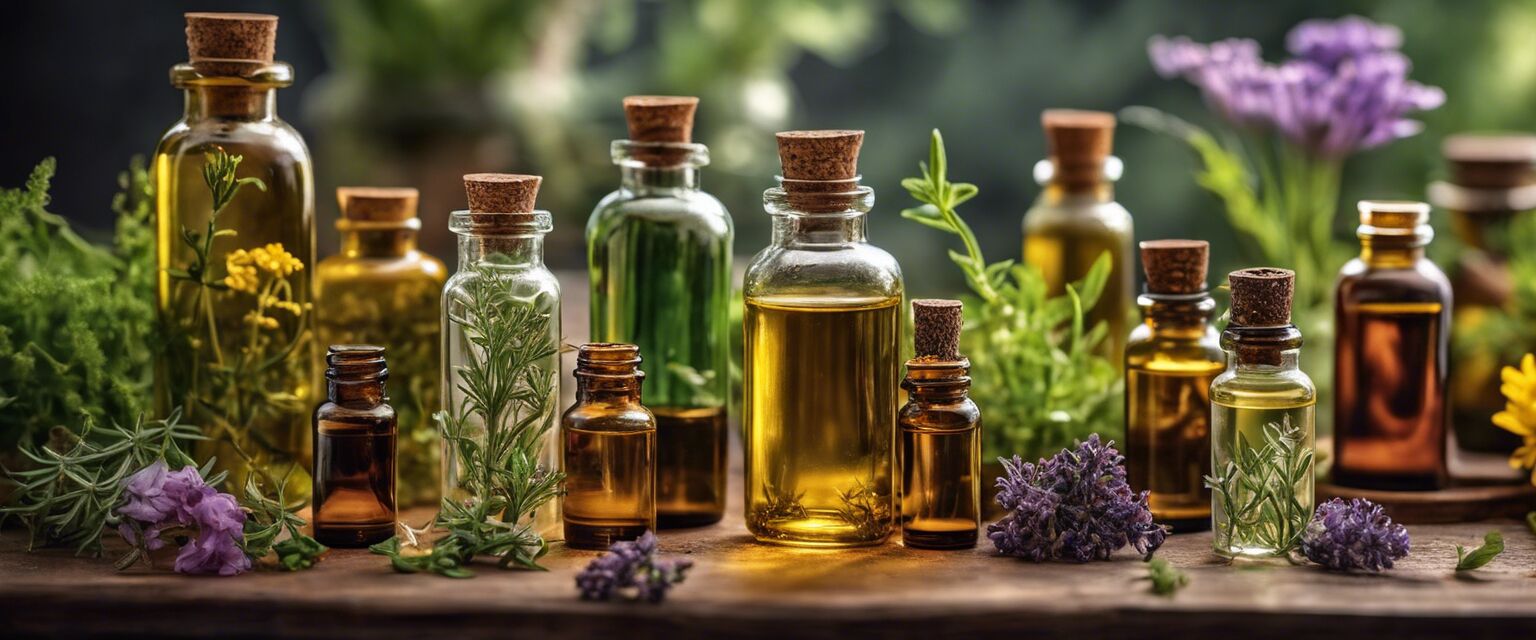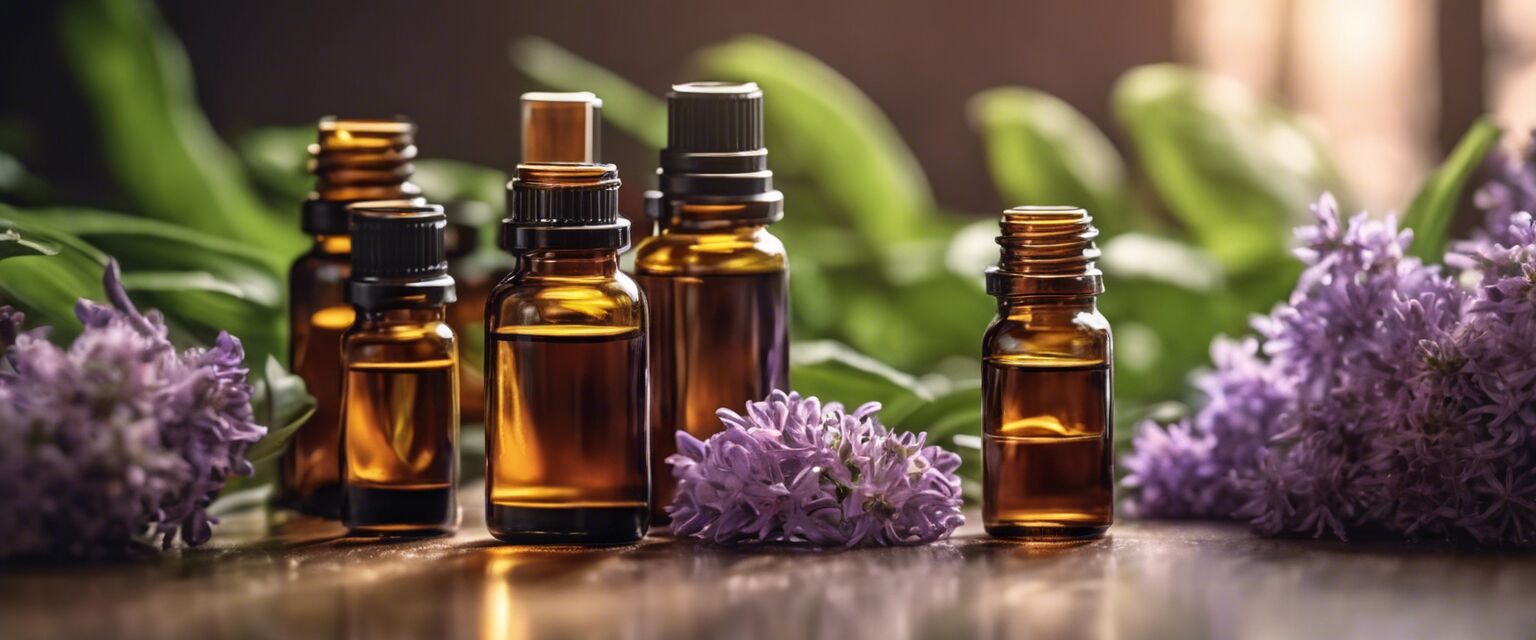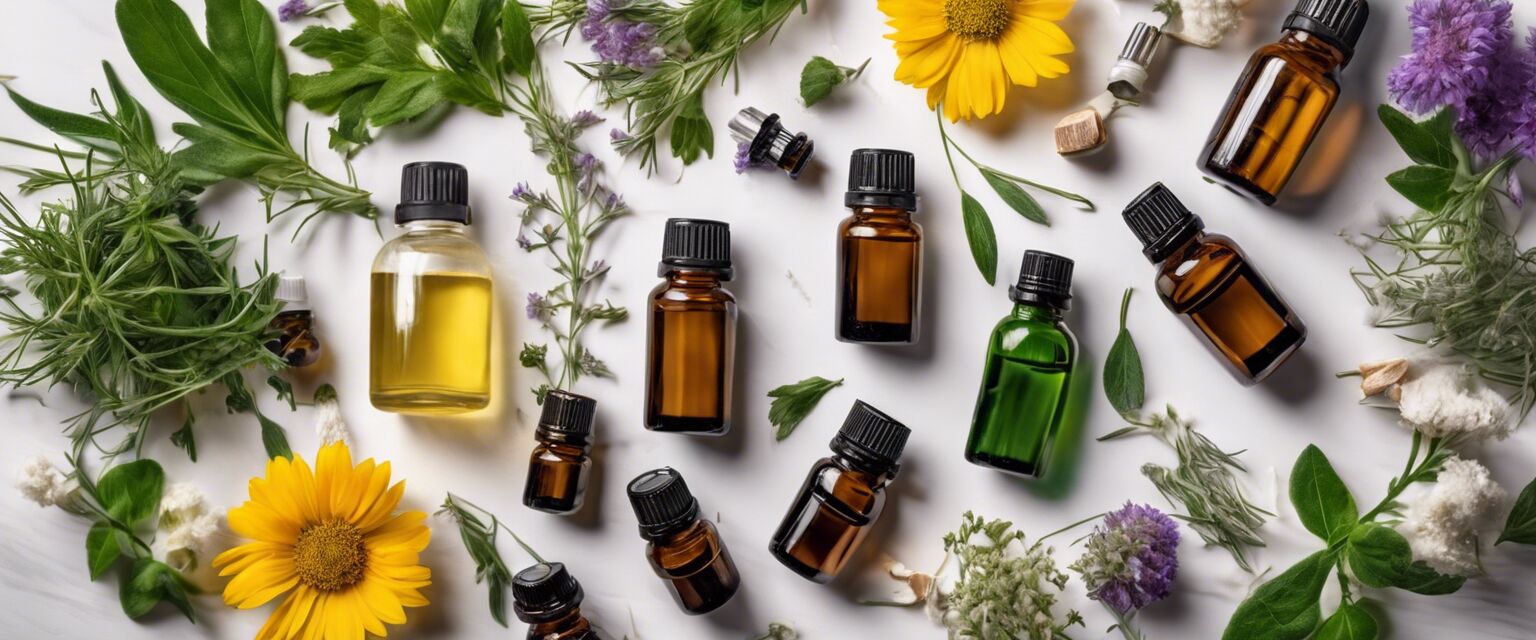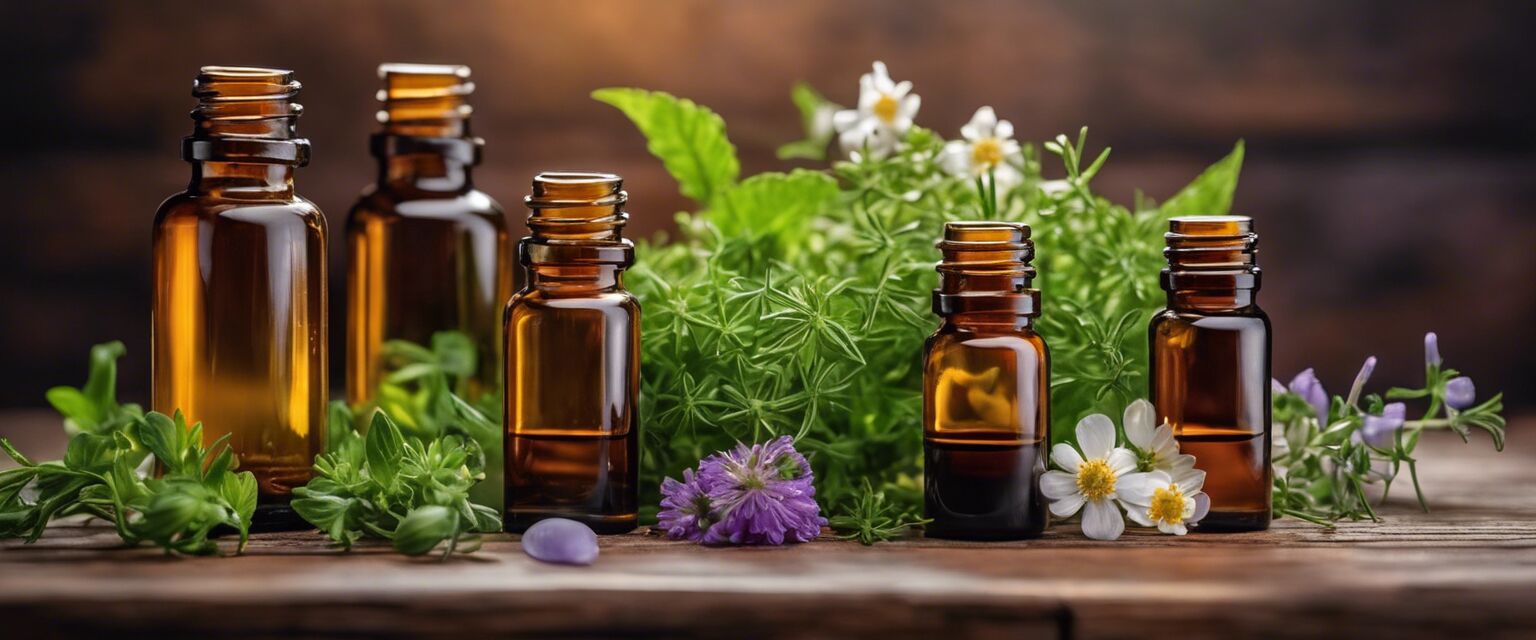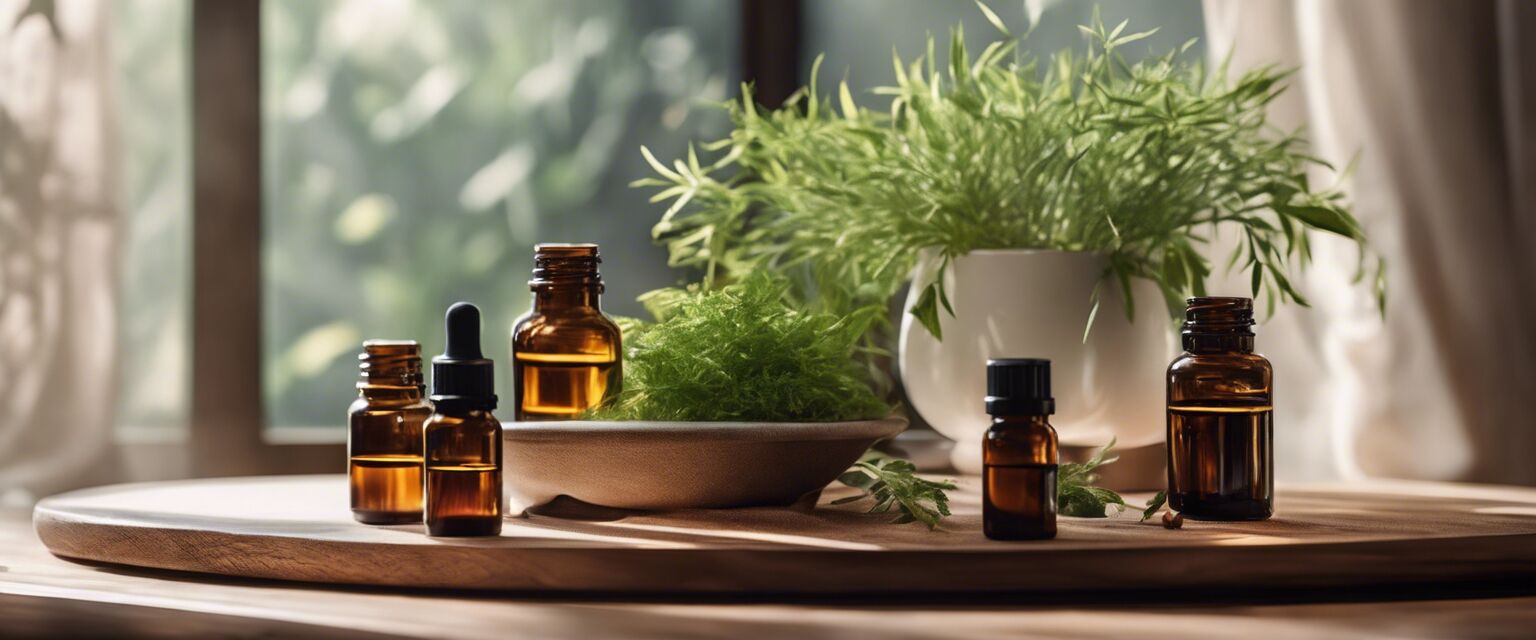
Essential oils for aromatherapy
Key Takeaways
- Essential oils can enhance mental wellness and create a calming environment.
- Different oils have unique properties that can be used in various settings.
- Aromatherapy can be practiced through diffusion, topical application, or inhalation.
- Safety precautions should always be observed when using essential oils.
- Essential oils can be integrated into daily routines for relaxation and stress relief.
Aromatherapy is a holistic practice that utilizes essential oils extracted from plants to enhance well-being. With the growing interest in natural remedies, essential oils have gained popularity for their potential to support mental wellness. In this article, we'll explore the various aspects of essential oils in aromatherapy, their uses, and how to incorporate them into your life.
What are essential oils?
Essential oils are concentrated extracts derived from plants, capturing their natural fragrance and therapeutic properties. These oils are obtained through various methods including steam distillation, cold pressing, and solvent extraction. The result is a potent liquid that contains the essence of the plant, making them ideal for aromatherapy.
Common essential oils used in aromatherapy
| Essential Oil | Fragrance Profile | Common Uses |
|---|---|---|
| Lavender | Floral, calming | Relaxation, stress relief |
| Peppermint | Fresh, minty | Invigoration, focus |
| Eucalyptus | Fresh, medicinal | Respiratory support, clarity |
| Lemon | Citrus, uplifting | Energy boost, mood enhancement |
| Tea Tree | Earthy, medicinal | Purification, cleansing |
How to use essential oils for aromatherapy
There are several methods to incorporate essential oils into your daily routine for aromatherapy:
- Diffusion: Use an essential oil diffuser to disperse the oil into the air, creating a fragrant atmosphere.
- Topical application: Dilute essential oils with a carrier oil and apply to pulse points for localized benefits.
- Inhalation: Add a few drops of essential oil to a tissue or cotton ball and inhale for immediate effects.
- Bath: Add several drops of essential oil to bath water for a relaxing experience.
Safety precautions
While essential oils can offer many benefits, it is important to use them safely. Here are some guidelines:
Beginner's Tips
- Always dilute essential oils with a carrier oil before applying topically.
- Conduct a patch test to check for allergic reactions.
- Avoid using essential oils around pets, as some can be toxic to animals.
- Keep essential oils out of reach of children.
- Consult a healthcare provider if you are pregnant or nursing.
Creating your personal aromatherapy space
To create an effective aromatherapy environment, consider the following elements:
| Element | Description |
|---|---|
| Diffuser | A device that disperses essential oils into the air. |
| Candles | Beeswax or soy candles infused with essential oils for ambiance. |
| Plants | Adding greenery can enhance the calming atmosphere. |
| Soft Lighting | Use lamps or lanterns to create a relaxing environment. |
| Comfortable Seating | A cozy chair or cushion to encourage relaxation. |
Popular essential oils for relaxation and stress relief
Here are some essential oils that are often associated with relaxation and stress relief:
- Lavender
- Chamomile
- Sandalwood
- Ylang Ylang
- Bergamot
Incorporating essential oils into self-care routines
Self-care is essential for maintaining mental wellness. Here are some ways to integrate essential oils into your self-care practices:
- Use essential oils during meditation for a calming effect.
- Incorporate them into skincare routines by adding to lotions or creams.
- Diffuse oils while reading or enjoying a warm beverage.
- Add to pillow sprays to create a soothing sleep environment.
- Include them in massage therapy sessions for relaxation.
Conclusion
Essential oils provide a natural and effective way to enhance mental wellness and create a calming environment. By understanding their properties and how to use them, you can incorporate essential oils into your daily life for greater relaxation and stress relief. Always remember to use them safely and enjoy the benefits they can bring to your well-being.
Pros
- Natural and holistic approach to wellness.
- Wide variety of scents and effects.
- Easy to incorporate into daily routines.
- Can create a calming environment.
Cons
- Possible allergic reactions for some individuals.
- Not all oils are safe for topical use.
- Quality can vary between brands.
- Requires knowledge for safe and effective use.
Explore more
For more information on essential oils and their various applications, check out our other resources:
- Aromatherapy Blends
- Hair Care Solutions
- Immune Support
- Pain Relief
- Relaxation and Sleep
- Skincare Essentials
